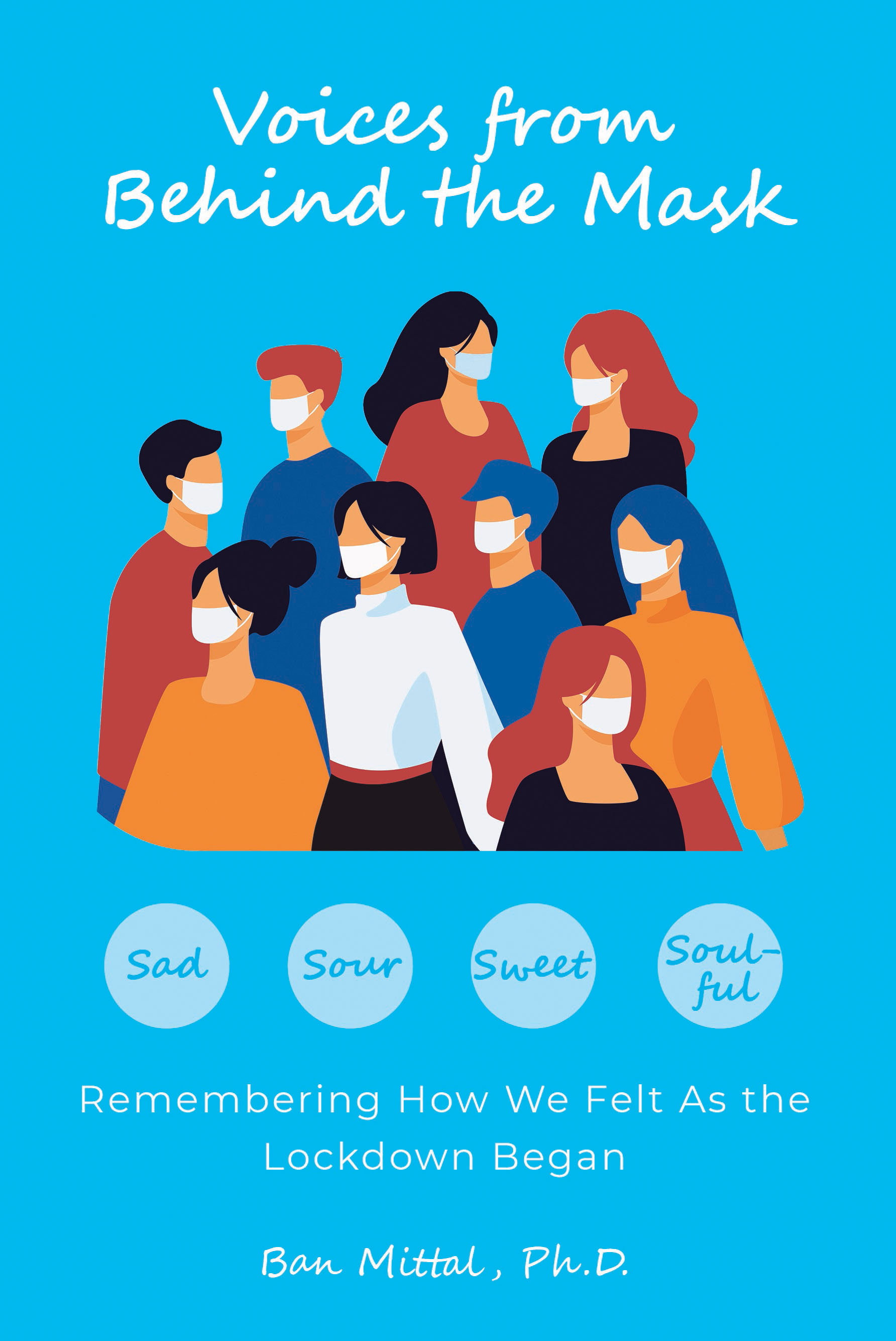Backstory

As early as March 2020, the pandemic had turned our personal worlds upside down. Many had been delivered severe health and economic blows. Some had witnessed the debilitating sickness and death of close family or friends. Many who managed to escape the disease or unemployment still experienced considerable upheaval in personal, family, work, and social life.
Lockdowns and social distancing exacerbated loneliness and isolation, especially among those with already thin social networks and those lacking internet access or skills. Shifting of work and children’s schooling and childcare to home added to the chaos and work overload in everyday living.
Beyond one’s personal life, the specter of catastrophes everywhere, of death statistics, of media reports of overcrowded hospitals with patients left abandoned, patients dying of shortage of oxygen ventilators, of dead bodies abandoned, of mass graves and mass cremations on pyres of scarce wood—this barrage of visual images of human suffering is bound to affect the psyche of people en masse.
It was this environment that motivated my research. I wanted to know how people were “processing” the events they were witnessing.
This survey was born of that goal.
We surveyed a random sample of 550 Americans in May 2020.
This is a sample of 100 of those answers, those “voices.”.
The answers (“VOICES”) are diverse, and deeply heartfelt.
I intended the book to inform and enlighten every one—anyone interested in listening to humans suffering a common catastrophes but navigating it in ways that divided our society, in every country, in every culture.
I intend the book to also serve as a historical record of this sad period in our collective history. When today’s children become adults, 10 or 15 years from now, this book will be a window into the pulse of the people during COVID-19. There is no other book that has recorded the inner voices of people: Voices that were sad, sour, sweet, or soulful.
Generations of students will also use the book to understand and analyze what went wrong in public health communication and in the management of community responses to a catastrophes that, in one way or the other, deeply affected everyone.
I hope you find my presentation of these voices of personal value to you.
-BM
.
(Buy it for yourself. Then keep it for future generations)


